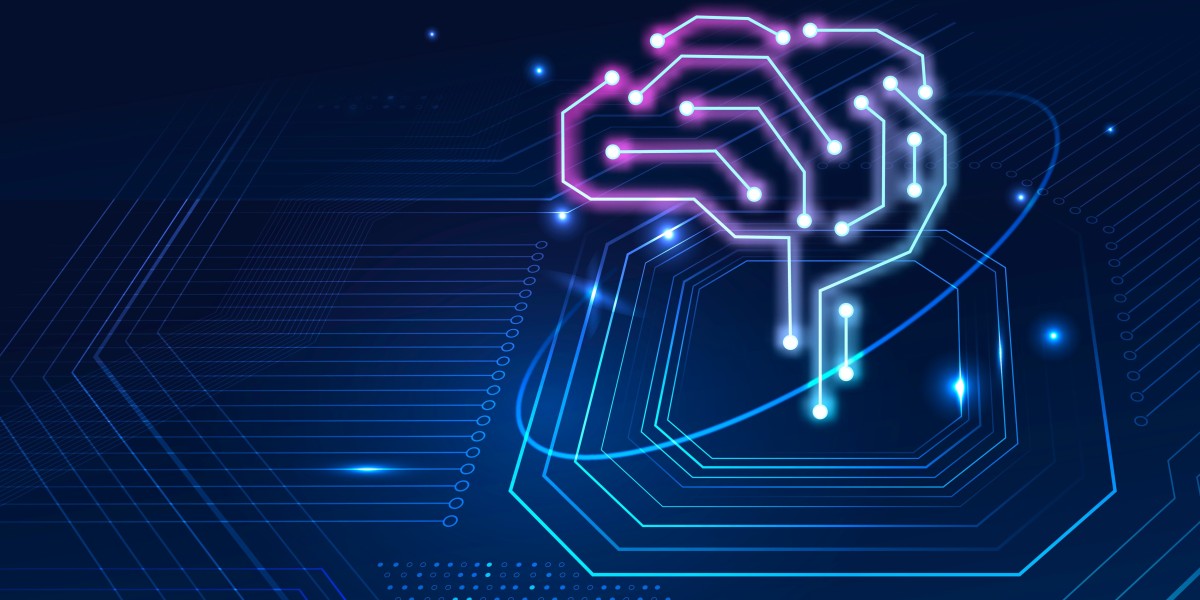In today’s competitive digital world, businesses are under constant pressure to optimize their operations, reduce expenses, and deliver better services to their customers. This has made automation more than just a trend—it is now a necessity. The arrival of advanced technologies like artificial intelligence (AI) has completely redefined how companies approach efficiency and productivity. A reliable AI Intelligent Automation Company is playing a vital role in this transformation by helping organizations streamline repetitive tasks, improve decision-making, and cut costs without compromising quality.
By blending machine learning, natural language processing, and robotic process automation, businesses can achieve results that were once impossible with traditional methods. Whether it’s a startup looking to scale or an enterprise managing global operations, AI-driven automation has become a cornerstone of modern success.
Understanding AI Intelligent Automation
AI intelligent automation refers to the combination of automation tools with artificial intelligence to create systems that not only perform tasks but also learn, adapt, and optimize processes over time. This goes beyond basic automation, where repetitive tasks are executed without decision-making capability. Instead, intelligent automation can analyse data, predict outcomes, and recommend the best actions.
An AI Intelligent Company provides solutions that replace manual tasks with AI-powered workflows, giving employees more time to focus on strategic initiatives. This helps businesses save both time and resources while enhancing accuracy and scalability.
Benefits of Intelligent Automation for Businesses
The adoption of AI Intelligent Automation Services is rapidly growing, and the reasons are clear. Some of the most significant benefits include:
- Time Savings: Automated systems work faster than human teams, reducing task completion times significantly.
- Cost Reduction: Eliminates repetitive manual work, lowering operational costs.
- Improved Accuracy: Reduces errors that commonly occur in human-driven tasks.
- Scalability: Capable of handling large-scale operations without requiring additional workforce.
- Better Decision-Making: AI can analyse real-time data to provide insights and recommendations.
For businesses that want to stay competitive in 2025 and beyond, intelligent automation is no longer optional—it is essential.
How Automation Impacts Different Industries
AI automation is not limited to one sector. Instead, it impacts nearly every industry:
- Healthcare: Automating patient data processing, diagnostic support, and hospital administration.
- Finance: Fraud detection, risk assessment, and streamlining compliance checks.
- Retail: Enhancing inventory management, customer support, and personalized marketing campaigns.
- Manufacturing: Predictive maintenance, quality control, and production optimization.
- Education: AI-enabled grading systems, personalized learning paths, and student performance tracking.
Each of these industries has already seen tangible benefits by working with a trusted AI Intelligent Automation Company.
Why Businesses Choose AI Automation Solutions
One of the biggest challenges companies face today is managing both speed and quality. Customers expect faster services and accurate solutions, while businesses need to manage rising costs. This is where AI automation shines.
By adopting solutions from an AI Intelligent Company, organizations can strike the perfect balance between efficiency and innovation. For example, a retail company can automate customer service with AI-powered chatbots while simultaneously analysing customer behaviour for targeted marketing campaigns. Similarly, financial institutions can use intelligent automation to detect suspicious activities and comply with regulatory standards instantly.
The ability to do more with less makes intelligent automation a winning strategy for organizations of all sizes.
Key Features of AI Intelligent Automation Services
When businesses seek AI Intelligent Automation Services, they typically look for solutions that deliver measurable outcomes. Some of the key features include:
- Process Automation – Replacing manual workflows with AI-enabled automation tools.
- Data Analysis and Prediction – Using AI to identify trends and suggest improvements.
- Natural Language Processing – Automating communication, customer queries, and reporting.
- Machine Learning Integration – Systems that continuously learn and optimize tasks.
- Scalable Architecture – Solutions that grow with the organization’s needs.
These features ensure that companies don’t just automate tasks but transform the way they operate.
Future of Intelligent Automation
The future of automation looks promising as businesses continue to embrace digital-first approaches. An AI Intelligent Automation Company is expected to play an even more strategic role by integrating AI with technologies like blockchain, Internet of Things (IoT), and advanced analytics. This will allow businesses to not only automate but also predict and prevent challenges before they arise.
Moreover, as ethical AI becomes a global priority, future automation systems will focus on transparency, fairness, and responsible AI usage. This ensures that intelligent automation benefits both businesses and their customers without introducing risks.
Preparing Your Business for AI Adoption
Adopting intelligent automation requires careful planning. Companies should begin by identifying repetitive tasks that consume time and resources. Once these processes are mapped out, partnering with an experienced AI Intelligent Company ensures smooth integration of automation tools.
It’s also essential to provide employee training, as intelligent automation works best when combined with human expertise. By aligning teams with technology, organizations can maximize the benefits of automation while minimizing resistance to change.
FAQs
Q1. What is the difference between traditional automation and AI intelligent automation?
Traditional automation only executes predefined tasks, while intelligent automation uses AI to learn, adapt, and improve processes over time.
Q2. How can AI Intelligent Automation Services save costs?
By automating repetitive and error-prone tasks, businesses reduce labor costs, minimize errors, and optimize operations.
Q3. Which industries benefit the most from AI automation?
Industries like healthcare, finance, retail, manufacturing, and education are leading adopters, but almost every industry can benefit.
Q4. Is automation suitable for small businesses or only large enterprises?
Both. Small businesses can automate daily tasks to save time, while large enterprises use it for large-scale efficiency.
Q5. What are the risks of AI intelligent automation?
The main risks include poor implementation or lack of employee training. Working with the right AI Intelligent Automation Company minimizes these risks.
Conclusion
AI-powered automation is no longer a futuristic idea—it is a business reality driving growth, efficiency, and cost savings in 2025. Partnering with an experienced AI Intelligent Company ensures that businesses not only save time but also unlock new opportunities for innovation and scalability.
By leveraging AI Intelligent Automation Services, organizations can future-proof their operations and deliver better results with fewer resources. The companies that adopt these solutions today will be the leaders of tomorrow.







